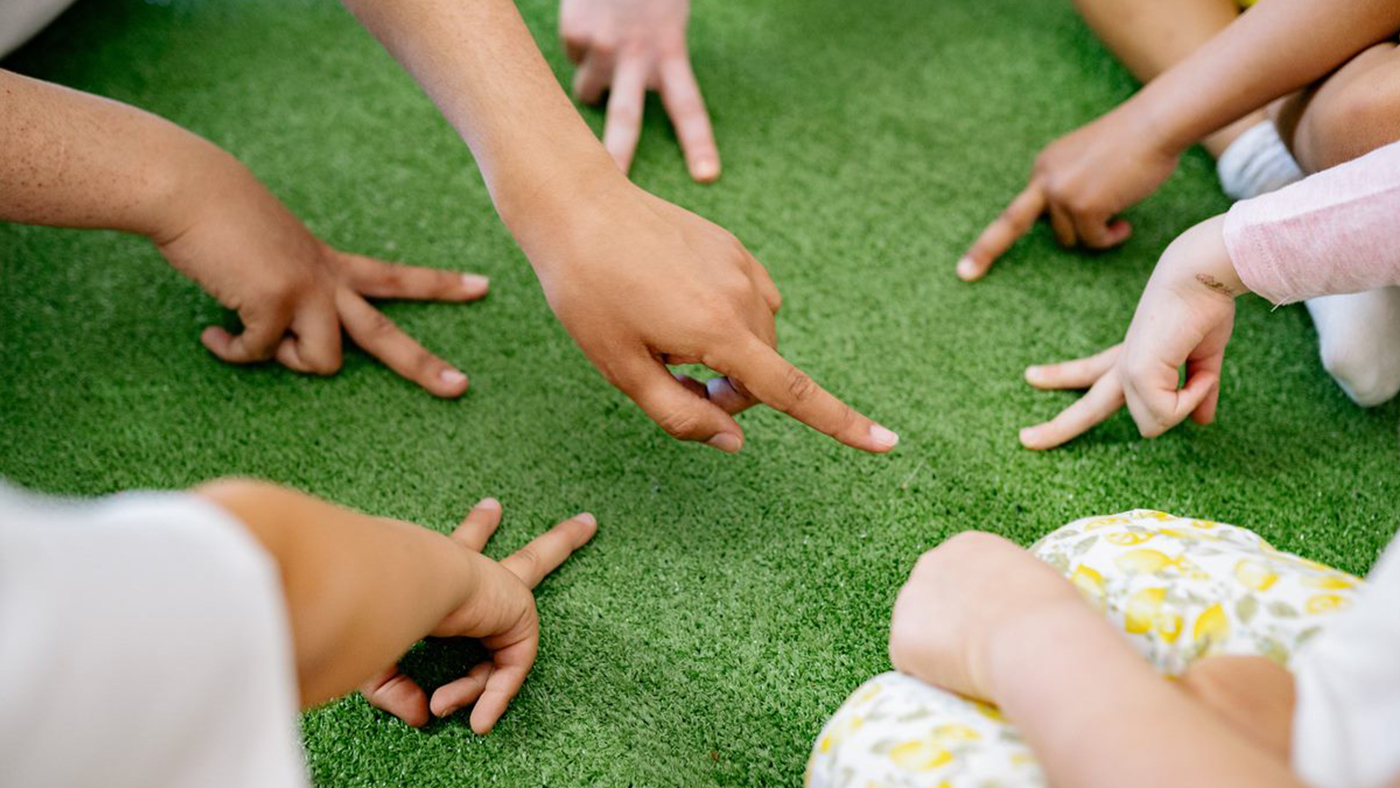Learning about themselves and other people, challenging stereotypes and celebrating diversity

Your toddler is interested in the world around them, including the people they meet. To understand the world they group together things they think are similar, in what are described as schemas – so your toddler might have a people schema and within that, group people together according to similarities they notice (or that other people seem to think are important). This organisation of information can lead to your toddler developing stereotypical views.
For example, if they see a male doctor in real life, then in a story and on a TV programme they might think doctors are always men.
Researchers have found that babies prefer faces from their own racial group over others,[1] and that toddlers show bias towards their own race when selecting who and what toys to play with.
The bias shown by toddlers develops from what they are familiar with,[1] and while it has been common in the past for people to say, “Children don’t notice race,” research shows us that this is not true.[2]
There are things you can do to help prevent your toddler developing stereotypical or bias thinking.
Think about these ways to challenge stereotypes:
- Respond to your child’s comments factually and by giving them information they can understand.
- Talk to your child about race and racism.
- Choose books and programmes that feature a wide range of characters, and that challenge stereotypes.
- Talk to your child about stereotypes and bias.
- Talk about diversity, young children often think their experiences are shared by everyone. Talk to them about how all families are different, about the celebrations their friends enjoy, and the variety of experiences people have.
- Talk about fairness, this can help children to understand that sometimes the way some groups of people are treated is unfair.
References:
[1] Fassbender, I., & Lohaus, A. (2019). ‘Fixations and fixation shifts in own-race and other-race face pairs at three, six and nine months’. Infant Behavior & Development, 57, Article 101328.
[2] Gardner-Neblett, N., Addie, A., Eddie, A.L., Chapman, S.K., Duke, N.K., & Vallotton, C.D. (2022). ‘Bias starts early. Let’s start now: Developing an anti-racist, anti-bias book collection for infants and toddlers’. The Reading Teacher, 76(4), 505-510.